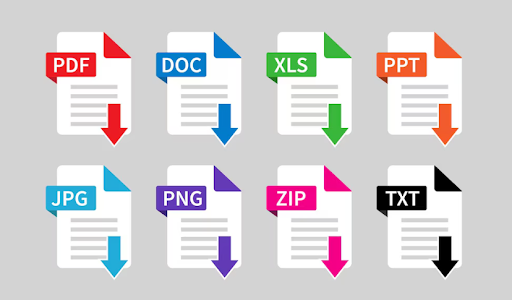Mental health has been a controversial topic ever since the first person was diagnosed with a disorder, but it shouldn’t have to be. Although some disorders may present with more severe symptoms in certain patients than others, not all patients need to be hospitalized to receive the proper care.
Mental health disorders can be managed very well even outside of a hospital setting. Patients with disorders like depression, anxiety, eating disorders, and addiction disorders may be good candidates for Intensive Outpatient Programs (IOP). These programs are usually hosted as group sessions, but therapy could also be done one-on-one.
With the latest advances in technology and applications, there are virtual options for IOP therapy available as well. This makes it more accessible even from the comfort of your own home.
Below are ways how IOP therapy can improve your mental health:

1. Opportunities To Socialize And Communicate
This seems like a trivial point to some, but ensuring that patients with a mental disorder socialize and communicate in a healthy way is very beneficial to their treatment. Before treatment, the patients may have only interacted with those whom they’re comfortable with, and these interactions aren’t always with the best connections.
Patients with an addiction disorder may only have friends or associates with the same addictive behaviors, which is harmful to their recovery. They’d need to form new bonds with others who can support a healthier way of living.
Having an eating disorder or anxiety disorder may not help with communication and socialization as many of these patients tend to hide their disorders or just keep to themselves with minimal social interaction.
2. Nurtures Accountability And Responsibility
Patients with mental health disorders will need a lot of support to ensure that they’re improving and taking their medication regularly.
An IOP therapy group could be seen as a platform where the patients can speak to each other about their challenges and where they can then support each other. They can also hold each other accountable for their actions as a means of following up. Indeed, the benefits of addiction counselling are vast.
It’s said that there’s a high probability that patients may return to their old habits and way of living. Using the IOP sessions, they learn to be responsible for their actions and that others will hold them accountable for their improvement.
3. Provides A Therapeutic Environment
The IOP sessions will give the patients the security of it being a safe environment to learn and grow without the fear of being judged or discriminated against.
Group leaders can involve all the participants, and they’d feel more at ease to participate in the activities and sharing of information of their progress. This way, the patients can practice their new skills in a safe place and receive feedback from professionals and their peers alike.
This sets the stage for skills development with a higher success rate. New information or skills can be taught, and the patients are more open to accepting this into their daily routines.
Usually, patients with a mental health disorder don’t have structured or disciplined routines, and their lives may look chaotic to an outsider. The therapeutic environment and regular meetings may provide the structure and discipline that they sometimes desperately need for their daily activities.
4. Customized Support System
IOPs are designed to address specific disorders by grouping patients with similar challenges together. The program being followed during the sessions will then be of more value to the patients because it’s tailored to their needs. The patients grouped into the same program will usually find better support from peers as well. Group size and discussion topics can be adjusted, and the group leader may have better control over the group.
To Summarize
Patients with mental health disorders not requiring hospitalization or institutionalization could benefit greatly from Intensive Outpatient Programs.
Socialization and communication can be effectively practiced in this safe environment while holding the patient accountable and responsible for their own process of improvement. Receiving customized support may very well be the best option for some of the mental health disorders that qualify for this type of therapy. Not everyone will be able to flourish by just receiving one-on-one sessions, although it may make out part of the process.
New technology provides another easy way of keeping up with these sessions and makes them more convenient for patients. The option of IOP will definitely be something to discuss with your mental health practitioner if you feel that this form of therapy will assist you or a loved one.








Leave a Reply
You must be logged in to post a comment.